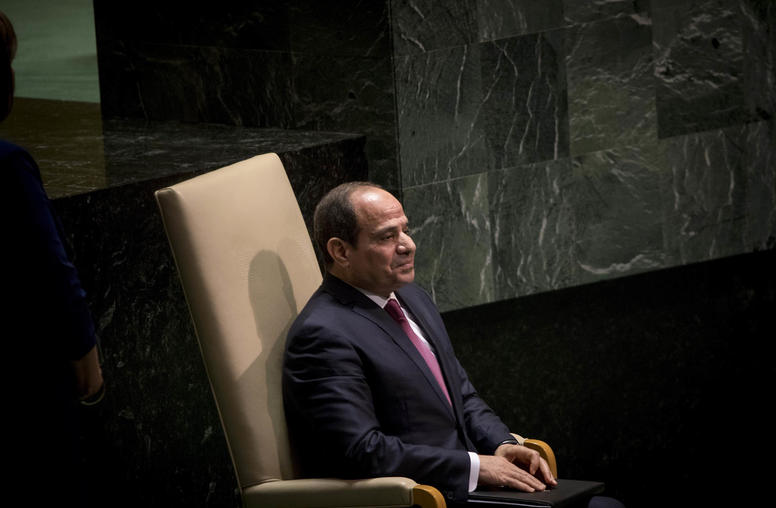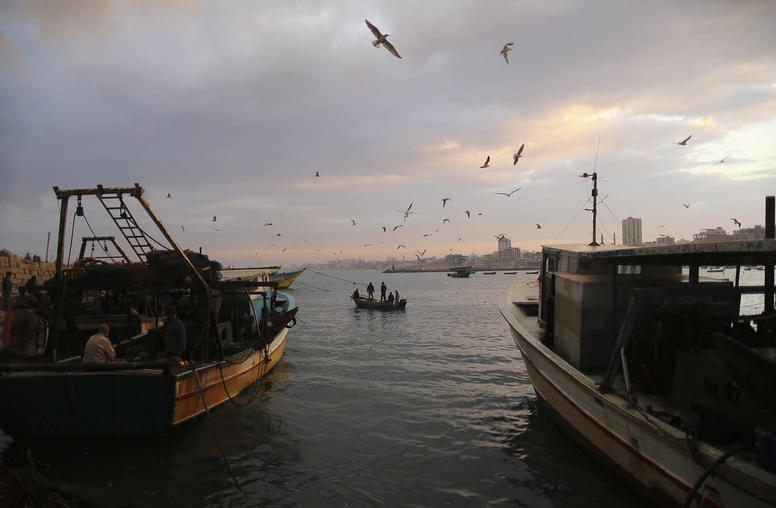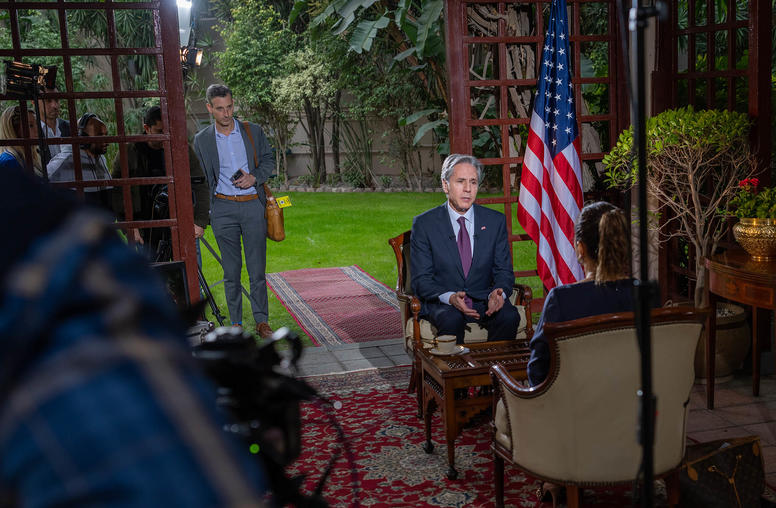USIP Prevention Newsletter - March 2012
The March 2012 Prevention Newsletter features a spotlight on U.S.-Pakistan Relations: The year 2011 saw a progressive deterioration in the U.S.-Pakistan relationship. But despite the fact that mutual mistrust is probably at an all time high, there is no appetite to allow the relationship to rupture.
In this Issue
- SPOTLIGHT on U.S.-Pakistan Relations: The year 2011 saw a progressive deterioration in the U.S.-Pakistan relationship. But despite the fact that mutual mistrust is probably at an all time high, there is no appetite to allow the relationship to rupture.
- HIGHLIGHTS:
- Political Transitions amid Economic Turmoil in North Africa
- North Korea's New Leadership
- The Nuclear Question in Iran
- Israel-Palestine Peace Process
- Institutionalizing U.S. Atrocity Prevention Efforts
About This Newsletter
The bimonthly Prevention Newsletter provides highlights of USIP's conceptual work and region specific work aimed at helping to prevent conflicts in North Africa, the Middle East, South and Northeast Asia, and the special project on genocide prevention. It also provides Over the Horizon thinking on trends in different regions, as well as events, working groups and publications. Every Newsletter will spotlight a single country, conflict, or event, and include short highlights of all regions and issues covered by the Center. | Sign up to receive the bi-monthly newsletter via e-mail



